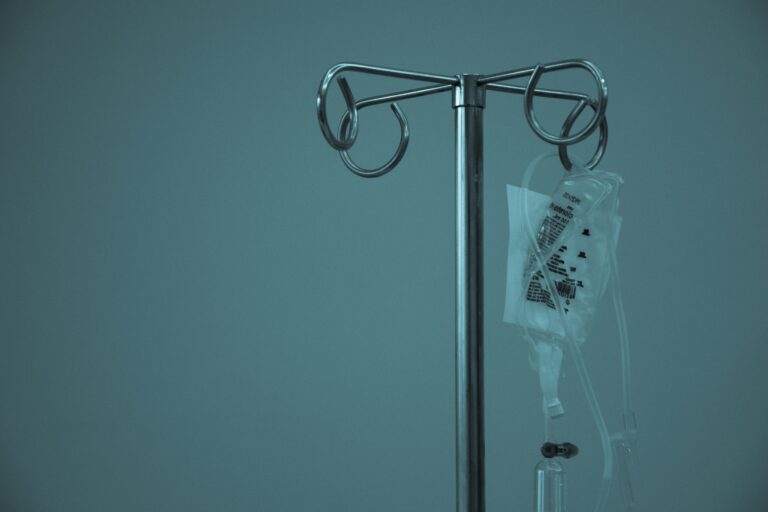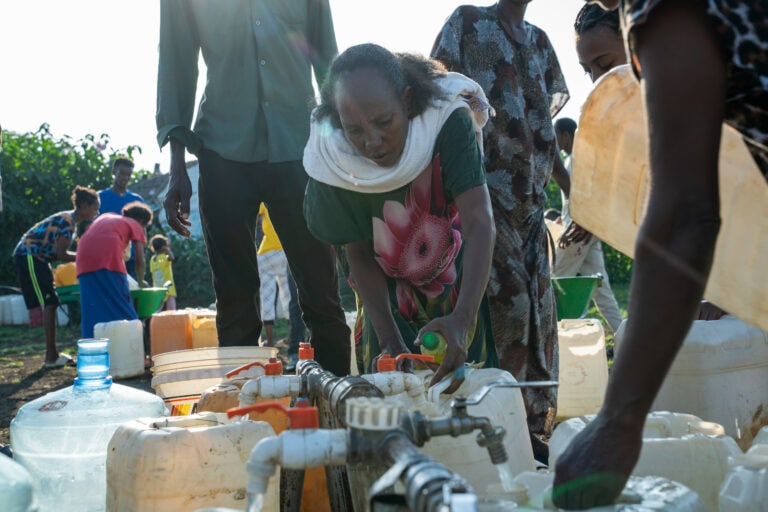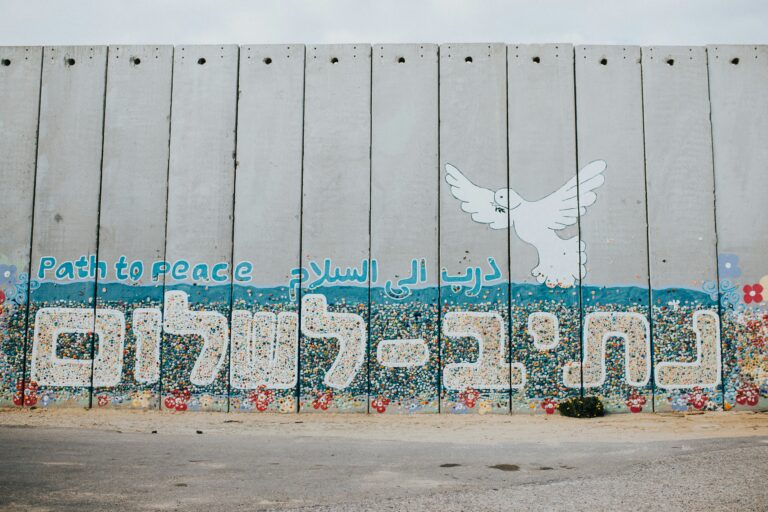The Palestinian healthcare system has long struggled under the weight of decades of neglect, blockade, and occupation — an occupation the International Court of Justice has deemed illegal in its advisory opinion. Even before the events of 7th October, the system was already in crisis, with inadequate infrastructure, limited resources, and overwhelming demand, but the situation has only worsened since the outbreak of war. East Jerusalem hospitals, with their specialised services, are a critical lifeline within the system, yet they too are facing immense pressure. Without sustainable, reliable, and unconditional support from international donors, these hospitals will struggle to maintain their ability to provide essential care.
The challenges facing the Palestinian healthcare system
Before 7th October, the Palestinian healthcare system was already struggling. The public sector, managed by the Palestinian Ministry of Health, along with the NGO sector and UNRWA, were unable to meet the increasing needs of the population. Over the last 15 years, only a few public hospitals were built, leaving the system unable to cope with growing demand. Many hospitals were plagued by shortages of beds, equipment, and essential supplies, often forcing staff to turn patients away due to lack of capacity. In many cases, patients had to apply for medical permits to seek treatment outside the Palestinian territory—a bureaucratic and often lengthy process. These delays, sometimes lasting weeks or months, left critically ill patients, including children, waiting for care they may never receive.
After October 2023, the healthcare crisis has only worsened. Hospitals in Gaza are struggling to treat patients, and medical evacuations have become critically urgent. From October 2023 to October 2024, around 4,800 patients were evacuated through the Rafah border to neighbouring Arab countries or to Europe. However, after May 2024, with the destruction of the Rafah border, evacuations nearly ceased. Only around 380 patients have been evacuated since May, while more than 25,000 urgently need life-saving care.
The role of East Jerusalem Hospitals
The East Jerusalem Hospital Network, which includes Augusta Victoria Hospital (AVH), Makassed Islamic Charitable Hospital, Red Crescent Maternity Hospital, St. John Eye Hospital, The Jerusalem Princess Basma Centre, and St. Joseph’s Hospital, has long been the cornerstone of Palestinian healthcare. These hospitals have served as critical referral centres for patients from both Gaza and the West Bank, offering specialised treatments such as radiotherapy and chemotherapy, which are unavailable elsewhere in the occupied Palestinian territory. In addition to providing essential tertiary care, they are key training centres for healthcare professionals. However, East Jerusalem hospitals are under immense pressure. For years, these hospitals have been grappling with significant cash-flow problems. A major factor behind this is the Palestinian Authority’s inability to regularly cover patient bills — a situation that is largely driven by Israel’s frequent withholding of Palestinian tax revenues. This financial instability is forcing them to make difficult decisions, including limiting the intake of new patients who require costly treatments and medications and reducing staff numbers. These cutbacks directly impact the quality of care they can provide, and for many patients, this means losing their chance for life-saving treatment. This crisis threatens not only the sustainability of the East Jerusalem Hospital Network but also undermines years of investment in capacity-building by the European Union and other international donors.
The need for continued and stronger international support
To ensure the long-term sustainability of services at the six East Jerusalem hospitals, a comprehensive solution is required. This solution must include clearing the Palestinian Authority’s debts to East Jerusalem hospitals, reforming the Palestinian health system, and securing adequate funding from both local and international donors.
As the European Union has recently announced its new multi-annual support package for the Palestinian Authority, it is worth underlining that the EU’s support, through the PEGASE Mechanism has been vital over the past decade in settling the PA’s patient bills. However, for these hospitals to continue their crucial work, this support must remain both sustainable and reliable, especially in the face of rising costs and the loss of USAID funding. It is equally important that this support remains free from political conditionalities, whose instrumentalisation may lead to costly delays in disbursement, as seen recently, with detrimental consequences for human lives.
Only with such continued, unconditional support can East Jerusalem hospitals plan and scale their services effectively and maintain their capacity to deliver life-saving treatments without disruption.
Read more here



